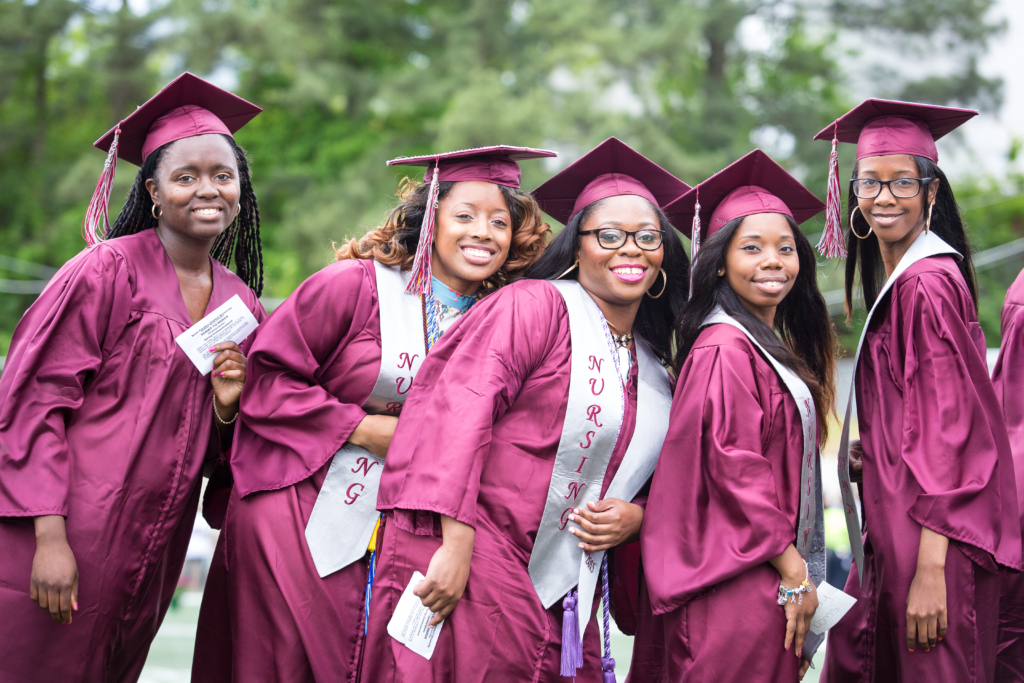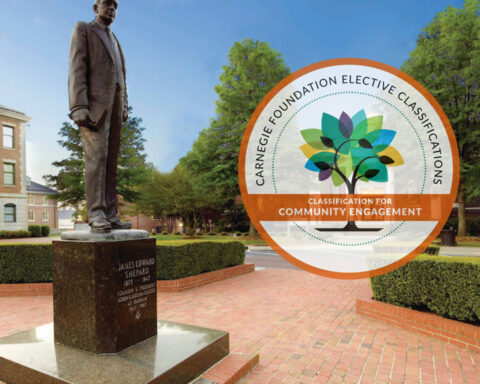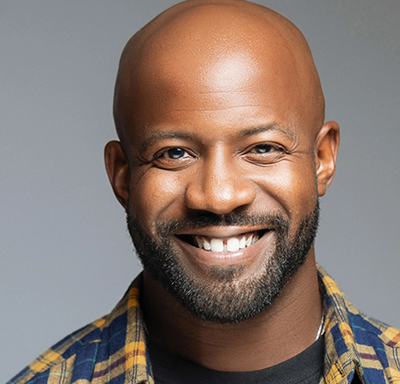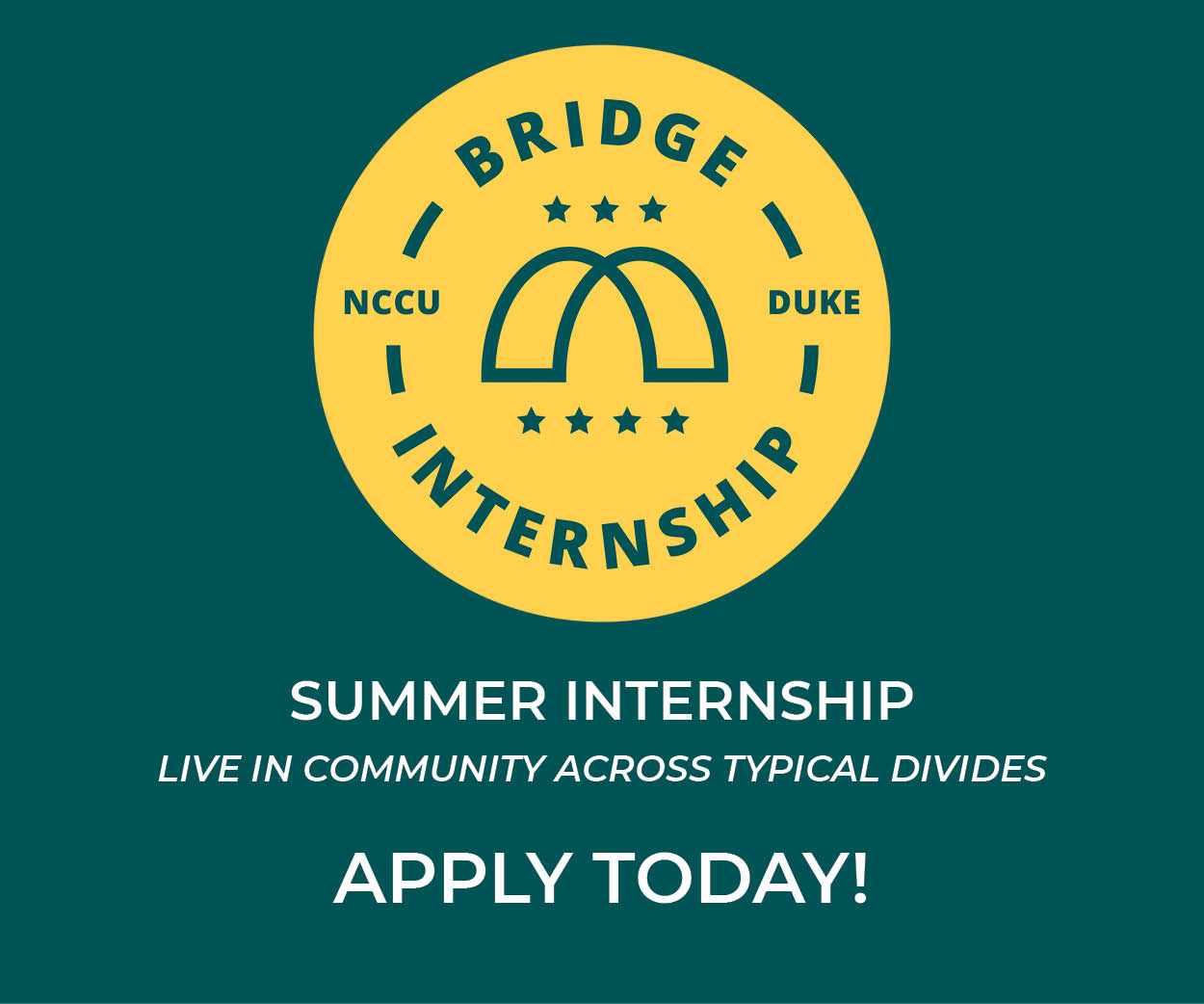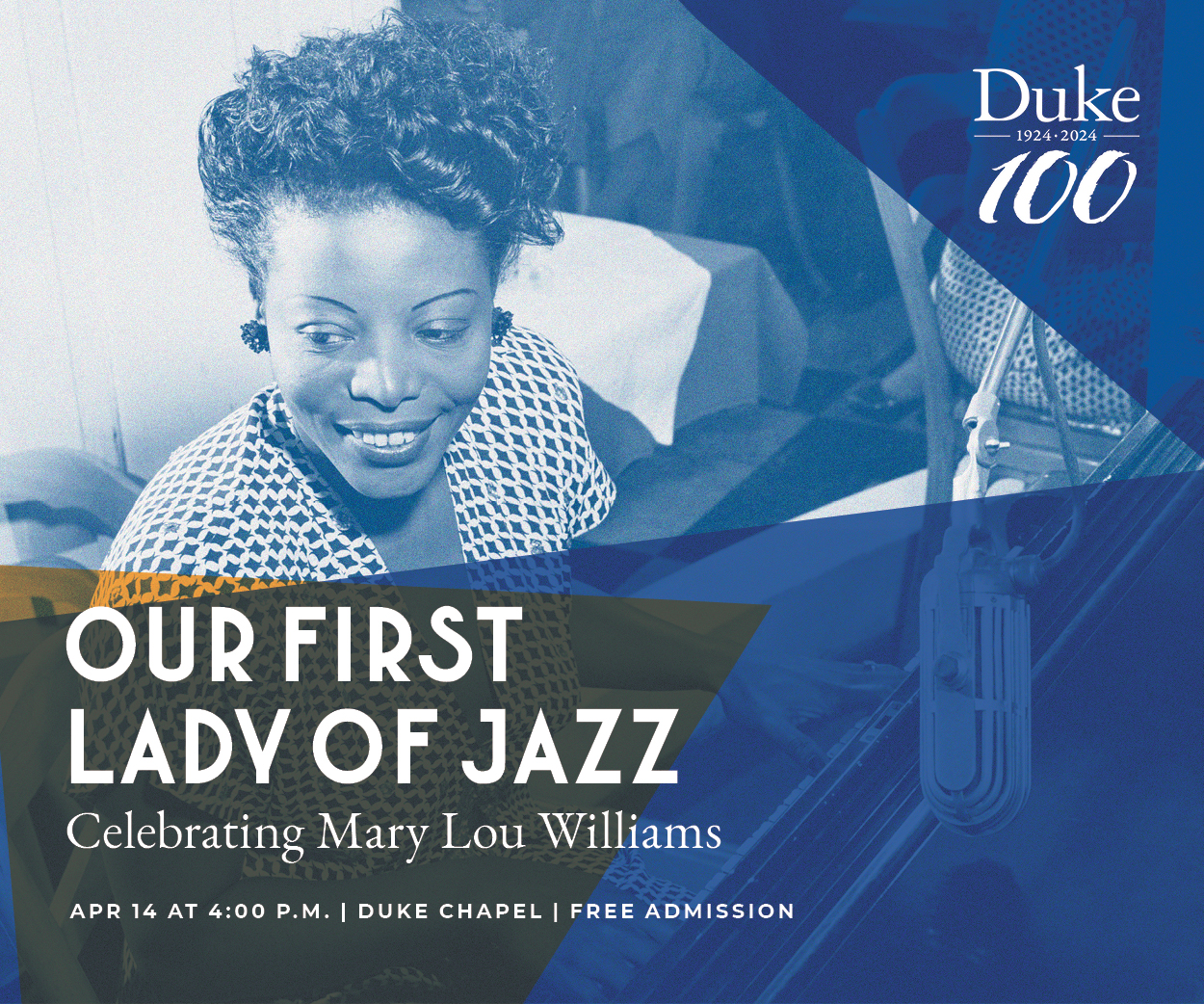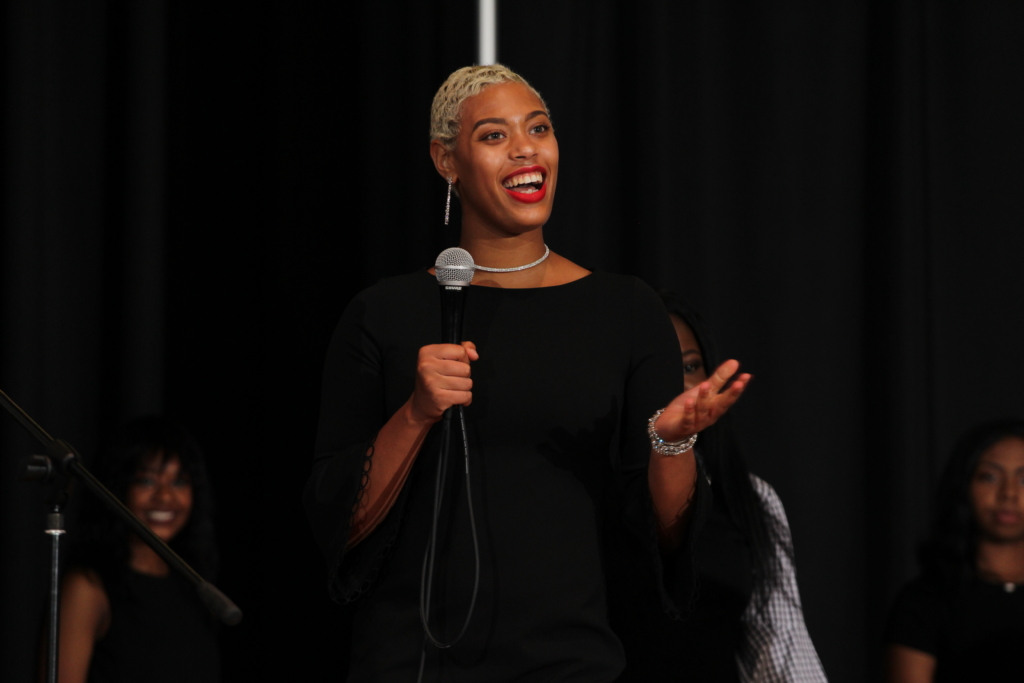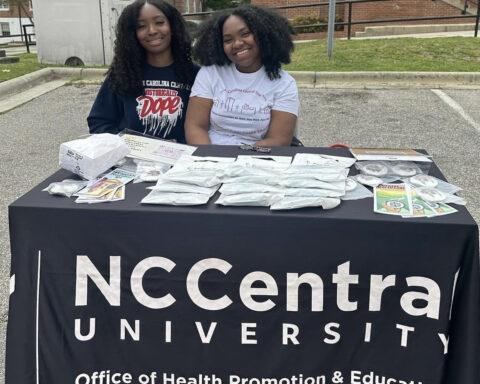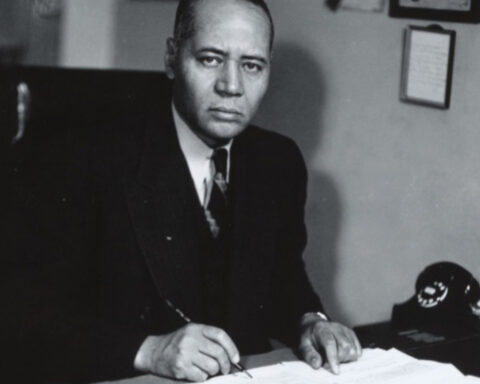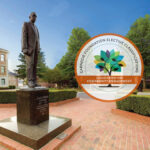As freshmen settle into the college lifestyle, eager seniors are headed for the finish line. After getting through four (or five!) years of college, graduation can seem like the least of one’s worries. Nevertheless, whether you plan to graduate in the fall or the spring, there are a few things that seniors should be doing now to secure their future degree.
Dr. Shauntae White, professor and advising director for N.C. Central University’s Department of Mass Communication says that a student’s primary focus when thinking about graduating is to be knowledgeable about your credits and where you stand.
“When you follow the academic plan, you can see the courses you need to take and check them off,” White said. “We (at NCCU) do have students who would drop a required course (in) their last semester their senior year.”
Most academic majors at NCCU require graduation candidates to have earned a minimum of 120 credit hours. Some, like the Bachelor of Science in Hospitality and Tourism Administration program, ask for up to 128 hours before a student is eligible to graduate.
It doesn’t matter if a student has 119 credits—if you don’t have the minimum amount of graduating credit hours required for your major, you are ineligible to graduate.
“In fact, what I would probably tell students now is to make sure they have extra (credit hours) just in case,” she advised.
The second most important thing required of graduating seniors is holding up their end of the school’s motto of “Truth and Service.”
Founder Dr. James E. Shepard was adamant about helping others, especially by giving back to the Durham community that helped the institution thrive. His philanthropic ways set a precedent for students, faculty and staff for generations past, present and future. For full-time undergraduate students, that means earning another 120 hours, this time through community service.
NCCU was the first school within the University of North Carolina system to require all students to volunteer in the community as part of their education. To reach those 120 hours, the university recommends a steady pace of volunteering for the equivalent of 15 hours each semester.
The Office of Community Engagement and Service (formerly known as the Academic Community Service Learning Program) was established in 1995 to support students in earning their community service hours. Calleen Herbert is entering her fourth year as its director.
“We are responsible for providing students with opportunities to have transformative experiences as it relates to community engagement and understand what it means to be an active citizen post-graduation,” Herbert says. “We provide these opportunities in three ways: through direct service, service learning and international service.”
Herbert loves the idea of requiring students to give back to the community. Where she’s from, she says, giving is just what you do.
“I grew up in the south during segregation, and you were compelled to serve and be civically engaged,” she said. “When you’re engaged in the community, it can alter how you vote or do business because you’ll think about others and not just yourself.”
Some students enjoy the mandatory service, while some find it too demanding. Senior Tyler Williams has completed the majority of his service hours already and appreciates the requirement, saying that “being able to help people and uplift them brings joy to (his) heart.”
“I’ve been to schools, churches, giveaways and different events held by the university,” said Williams. “You meet some really good people and make new connections that you wouldn’t make if it weren’t for the service requirement.”
Freshman Maliah Banks thinks that giving to the community is a wonderful thing to do, but would prefer to do it on her time, not the institution’s.
“I’m attending NCCU to get my education. The community service seems a little extra,” she says. “I also think the school should do a better job of making sure all students know the importance of getting these hours, so when it’s time to turn in them no one is surprised.”
For part-time or online undergraduates, Community Engagement and Service program assistant Tannya Artis advises them to come to the office in person to help them calculate their personal service requirement. Certain student classifications may allow for some of the required hours to be prorated.
Artis recommends students check the online GetConnected platform and look over the 200+ available agencies, including Durham Public Schools and Meals on Wheels, for students to volunteer with. According to her, these groups never refuse students’ help when offered.
“If we didn’t have something to stand behind NCCU’s motto, then it’s just a motto,” Artis added. “If we are going to say ‘Truth and Service,’ we need to be truthful and provide service.”
Story by Daija Graves with contributions by Julian Keeler.

